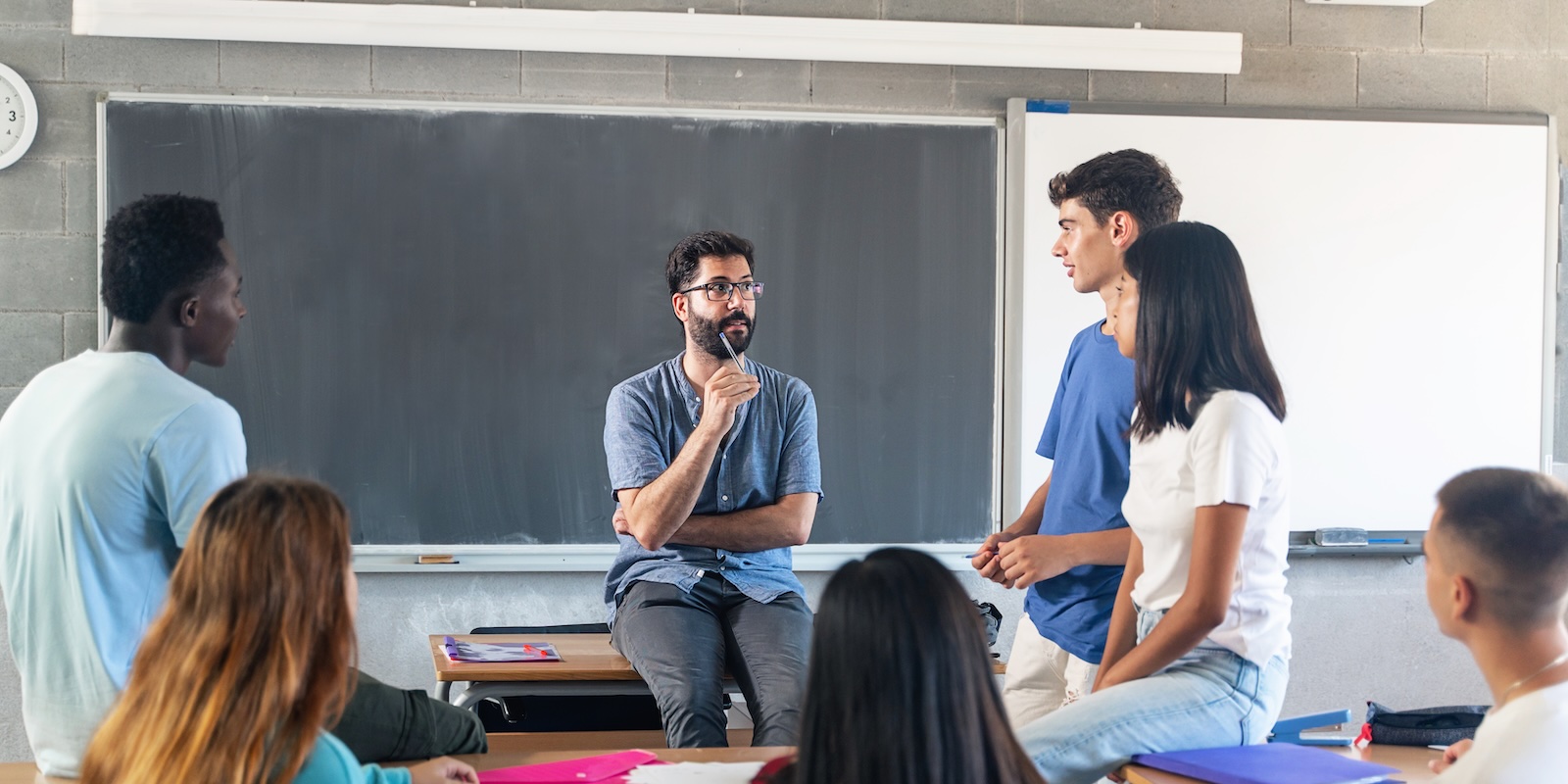K-12 Learning during COVID: Loss or Gains?

Will the year of COVID be labeled the year of K-12 learning loss? An experienced educator reflects on what has been gained by students and educators in K-12 schools.
This year, changes in classroom delivery have led to many discussions of the impact of learning loss for students. Educators are concerned about the gap that may exist once students return to full days of in-person learning. Schools are driven by achievement data, giving them labels of success or in need of improvement. However, in reflecting on K-12 learning during COVID this year, we did not lose learning; we gained knowledge.
Setting aside the usual educational end-of-the-year data points, focus on a new question to drive your information compilation. What knowledge did we gain from this school year?
Four things to consider
Connect learning to life
Students are eager to learn how the information presented in class connects with the real world. Students took courses on platforms such as Coursera and EdX on finance, business, and medicine, to name a few, to understand the career and enhance their interest. Based on students’ interests, how can we improve the school’s elective offerings?
Create hands-on experiences
Students discovered skills or challenged their learning with new hobbies. From cooking to building or setting up lesson plans for tutoring, they found the creative “flow” they were missing. How can we nurture creativity? Can your school create individualized plans celebrating student activities and abilities? What resources are in place to connect students with project-based learning, internships, shadowing, or a creative hour?
Rethink learning support
This past year, technology replaced face-to-face connections. Students experienced new forms of collaboration and communication. Some students achieved more through online learning as distractions did not create chaos. For others, being home meant supporting family. Another question comes to mind; how can schools be restructured to support all student’s learning? Do students all have to be physically in class, or could schools create learning hubs within the building to support the online learning process?
Put student well-being front and center
Mental health became a household and schoolwide concern. Students needed coping skills and strategies to face losses and isolation. Transitioning back to school will be more than just gaining academic support. It will be a time to heal, understand emotions and reconnect with life in a new way. Ask, does your school have enough student support professionals to help in the coming year? Does your school have a curriculum to support social-emotional learning that is K-12 aligned? How will your school restructure managerial tasks student support professionals are responsible for as they work with students and collaborate with educators?
The most significant knowledge gained is that we have schools that need to rethink their systems based on their community data from this past year. Change is essential and can bring new measures of student success. How will you adapt your student support system in a post-COVID school year?
Learn how Intellispark can help you support the well-being of your students.
Join the Conversation
Are you interested in innovative practices for improving student success, insights from our members, recent news, and engaging webinars? Check out our resources for the latest updates.




